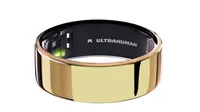Forget the Oura Ring 4 — these are the best Oura Ring alternatives in 2026
The best subscription-free smart rings
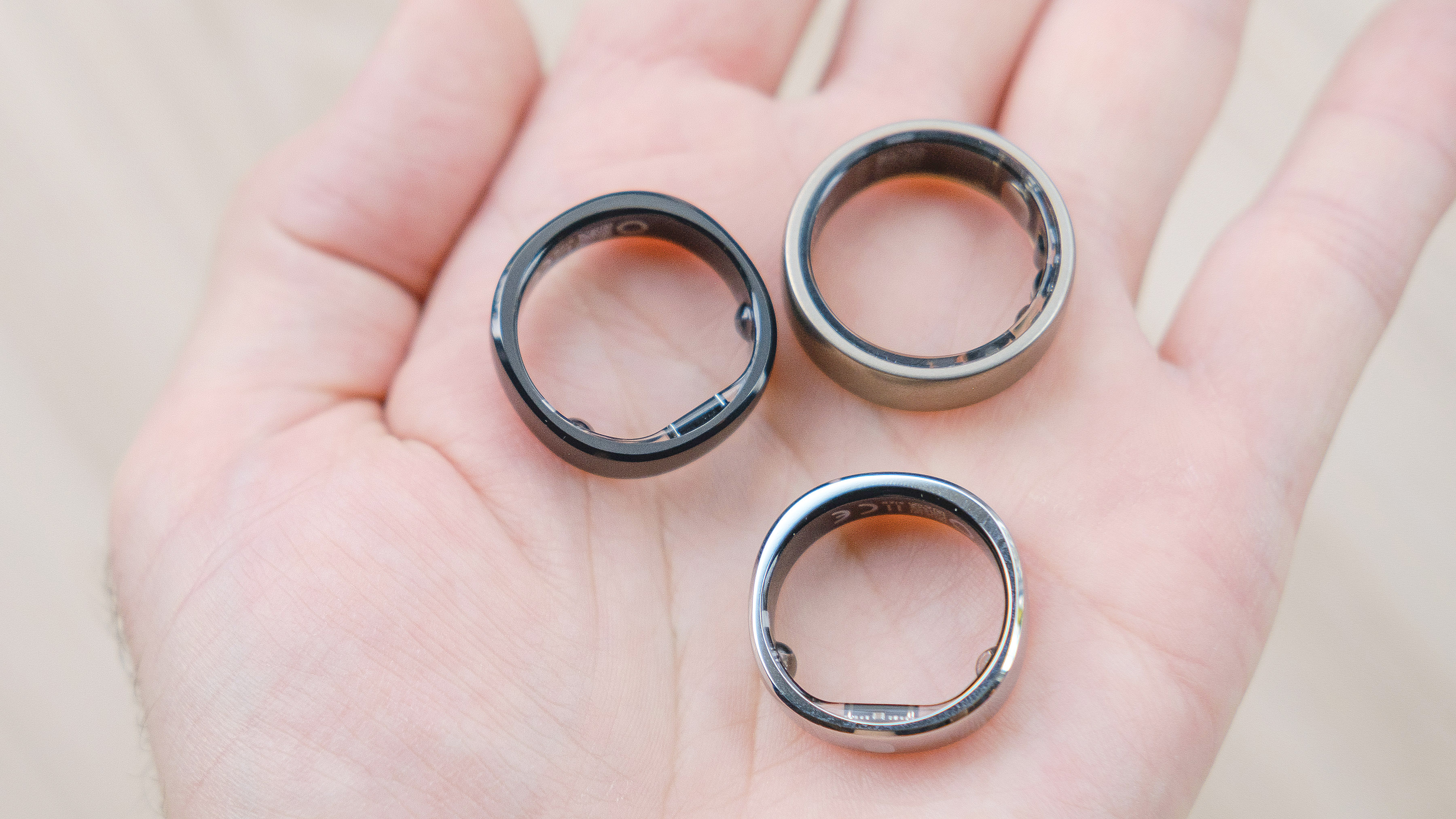
Here at Tom’s Guide our expert editors are committed to bringing you the best news, reviews and guides to help you stay informed and ahead of the curve!
You are now subscribed
Your newsletter sign-up was successful
Want to add more newsletters?

Daily (Mon-Sun)
Tom's Guide Daily
Sign up to get the latest updates on all of your favorite content! From cutting-edge tech news and the hottest streaming buzz to unbeatable deals on the best products and in-depth reviews, we’ve got you covered.

Weekly on Thursday
Tom's AI Guide
Be AI savvy with your weekly newsletter summing up all the biggest AI news you need to know. Plus, analysis from our AI editor and tips on how to use the latest AI tools!

Weekly on Friday
Tom's iGuide
Unlock the vast world of Apple news straight to your inbox. With coverage on everything from exciting product launches to essential software updates, this is your go-to source for the latest updates on all the best Apple content.

Weekly on Monday
Tom's Streaming Guide
Our weekly newsletter is expertly crafted to immerse you in the world of streaming. Stay updated on the latest releases and our top recommendations across your favorite streaming platforms.
Join the club
Get full access to premium articles, exclusive features and a growing list of member rewards.
Oura is easily the best-known name in smart rings. And for good reason. Even in 2026, the brand leads the pack, with the latest Oura Ring 4 as my top pick for the best smart ring available today.
But what if you want to avoid paying Oura's mandatory subscription fee or don't want to shell out $350 for a shiny, new wearable? That's where I come in. I've been testing the best smart rings from brands like Oura, Amazfit, Circular, Ultrahuman, Samsung, and RingConn for years. And even though the Oura Ring 4 is my favorite smart ring in 2026, there are plenty of excellent Oura Ring alternatives.
When it comes to holistic insights and personalized trend reports, the best Oura Ring alternative is the Samsung Galaxy Ring. However, if you're not an Android smartphone user, I recommend taking a look at the RingConn Gen 2 Air or Amazfit Helio Ring, both of which cost less than $200 and are subscription-free (like the Galaxy Ring).
The quick list
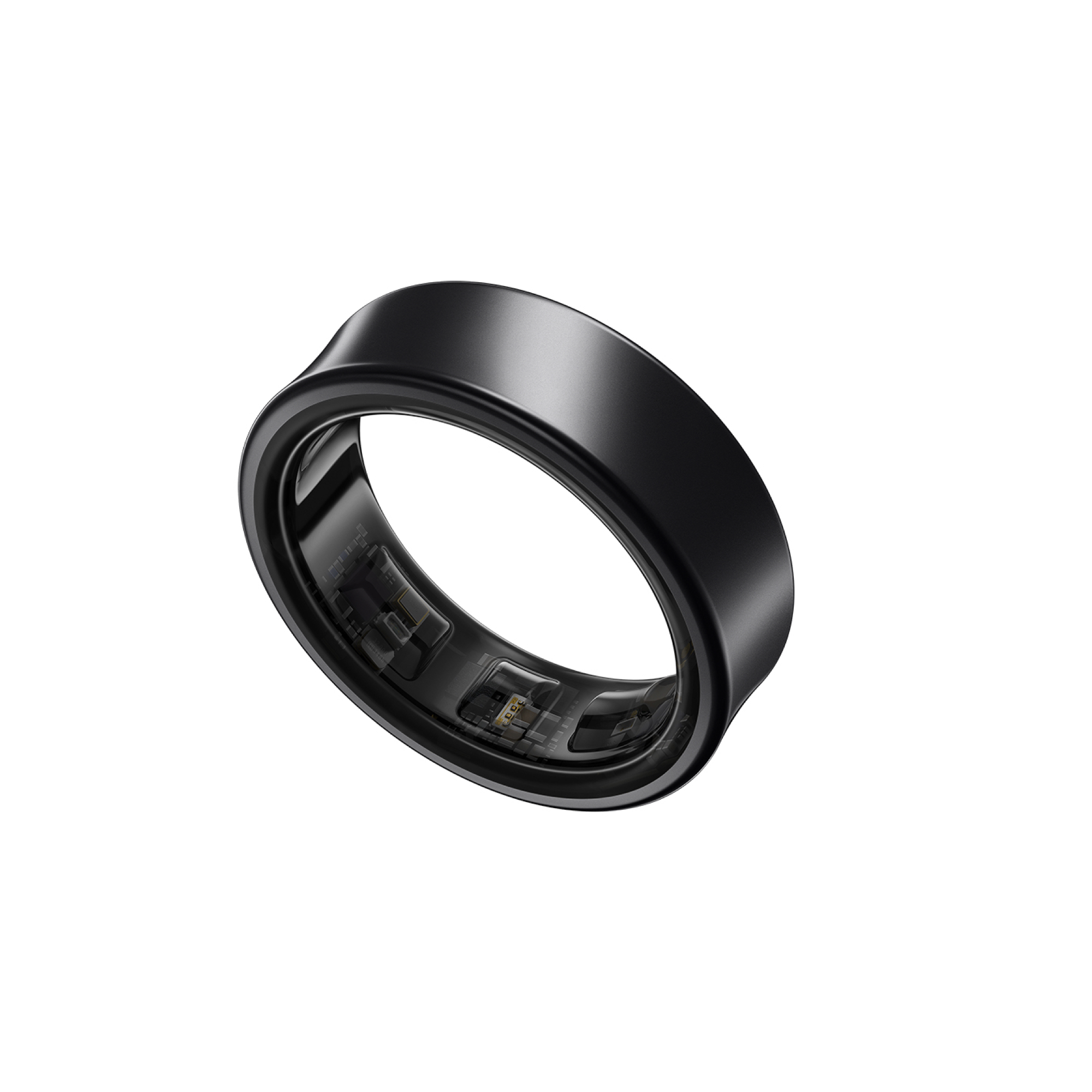
The Galaxy Ring is the first true competitor to Oura's throne, adding Samsung's AI-powered insights into the mix, alongside a premium design and long-lasting battery but you need a Samsung phone to get the most from the smartring.
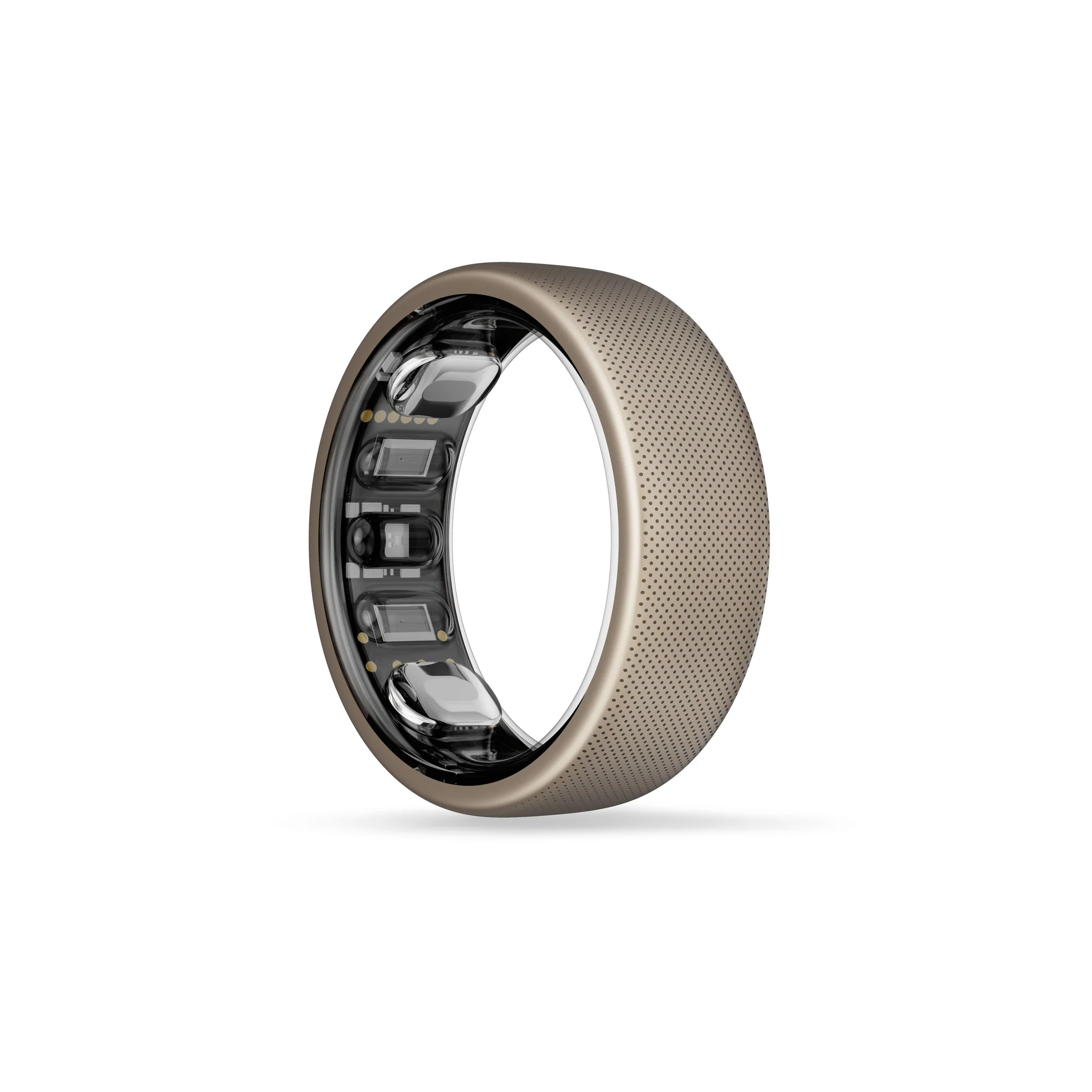
The Amazfit Helio Ring costs just $199 and is subscription-free, making it one of the cheapest Oura alternatives. Plus, you still get all the essential health and fitness tracking sensors and features, but with a little less finesse.
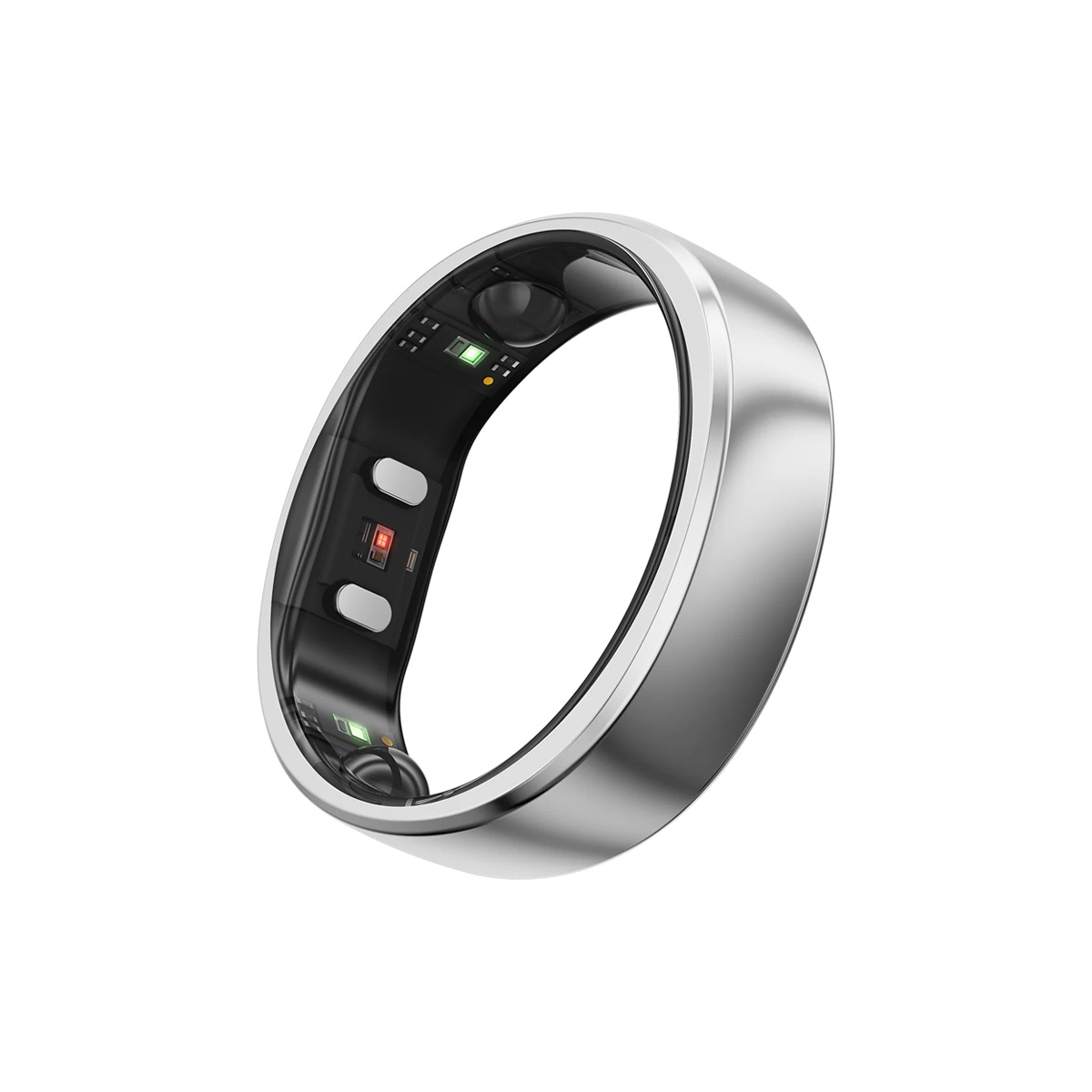
The Ringconn Gen 2 Air is another well-priced (sub-$200), subscription-free Oura Ring alternative with seriously impressive sleep-tracking reports. It's also long-lasting, humming for eight days per charge on average in my testing.
Best Oura Ring alternatives you can buy right now
Why you can trust Tom's Guide
Best Oura Ring alternative overall
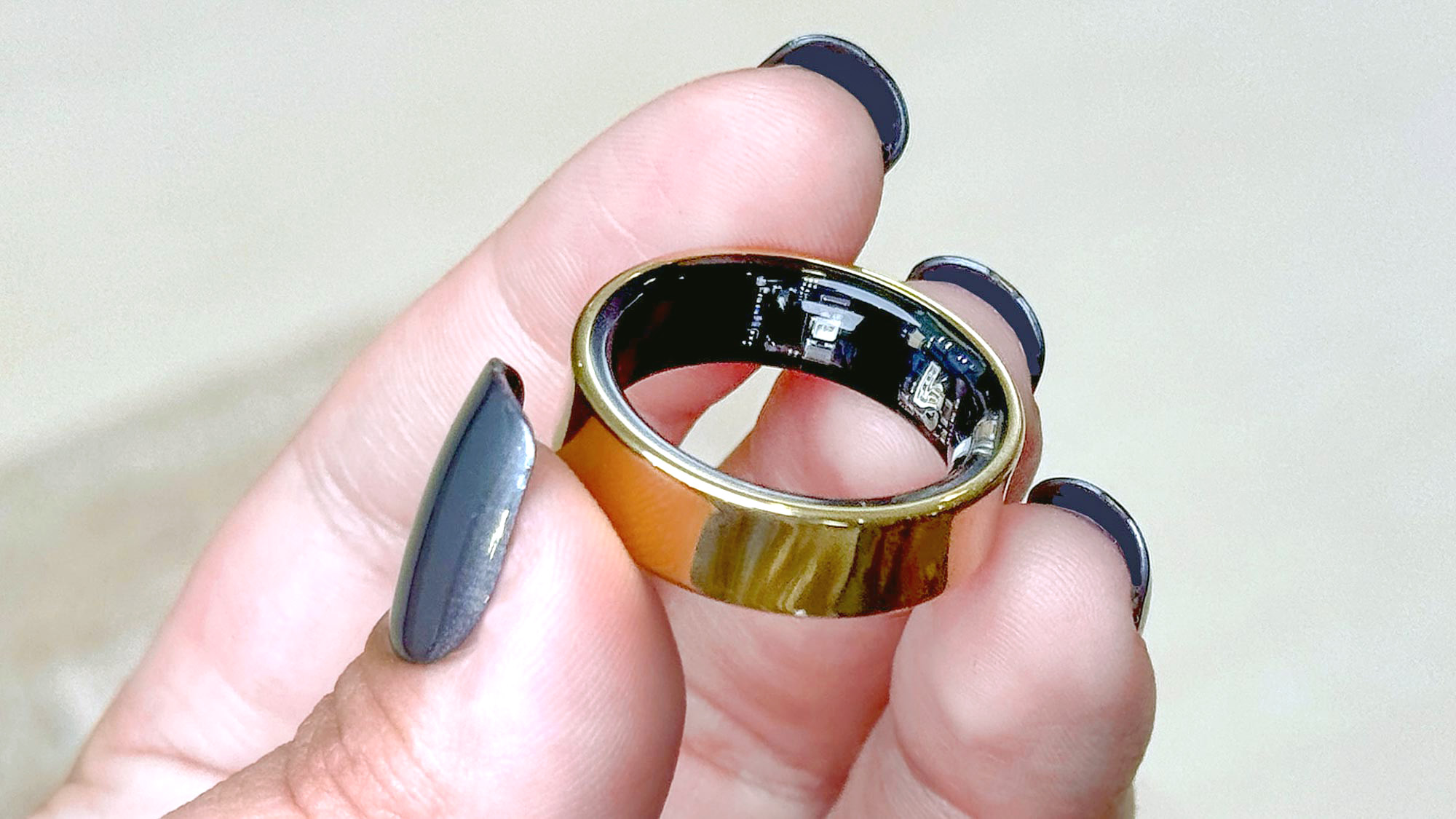

1. Samsung Galaxy Ring
Our expert review:
Specifications
Reasons to buy
Reasons to avoid
The Samsung Galaxy Ring launched in July 2024, several months ahead of the Oura Ring 4, and quickly laid its claim as the best Oura Ring alternative. The ring itself doesn't look that dissimilar from the Oura — it's a ring, after all — but there are a few differences.
The most notable is that it's only designed to work with Android smartphones, and you'll need a Samsung phone to access all the features and data analysis, compared to the Oura Ring which can connect to an Android or iPhone.
However, the cost is also a factor — the Oura Ring 4 starts at $349, while the Samsung Galaxy Ring costs $399 — and you need a monthly subscription for the Oura Ring, but not for the Galaxy Ring. So while the upfront cost is $50 more, that's canceled out after the first year.
However, the main reason the Samsung Galaxy Ring makes such a good alternative to the Oura Ring is the AI-powered insights you can access in the Samsung Health app. Oura recently launched a similar feature, but we were really impressed with the actionable insights Samsung brings to the ring.
But the feature we liked the most was Samsung's Double Pinch for the Galaxy Ring. This works a lot like the Double Tap gesture on the Apple Watch, so you can pinch your finger and thumb to control your Samsung phone's camera and snooze alarms.
The Galaxy Ring also offers period prediction thanks to a partnership with fertility and menstrual tracking app Natural Cycles, but Oura has the edge here. Samsung Health can only track your period and can't access Natural Cycles other fertility and contraceptive planning tools, while Oura's integration can.
Initially, the Galaxy Ring was available in fewer sizes than the Oura Ring, but an update in early January 2025 saw the company launch the smart ring in sizes 14 and 15 on the larger end, with the range now running between 5 and 15, compared to Oura's 4-15 sizings.
- Read our full Samsung Galaxy Ring review
Best budget Oura Ring alternative
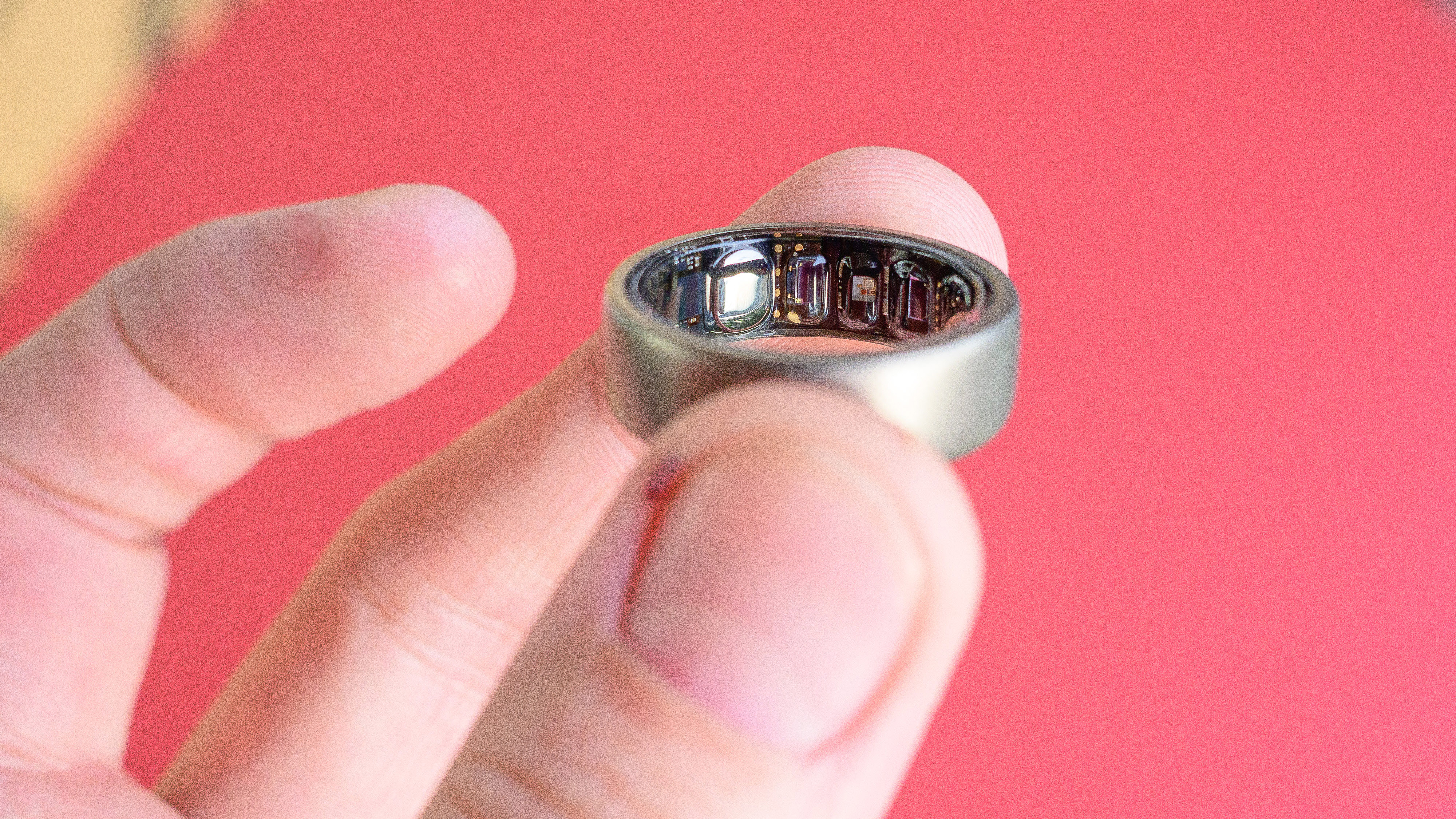

2. Amazfit Helio Ring
Our expert review:
Specifications
Reasons to buy
Reasons to avoid
Amazfit makes some of our favorite budget-friendly fitness trackers, edging towards the space Fitbit used to occupy before Google bought the company. The same principle applies here with the Helio Ring, which is a budget-friendly alternative to the Oura Ring.
The Helio Ring retails for just $199, significantly less than the Oura Ring 4. Better yet, you don't need a subscription with the Amazfit model; it's currently one of the cheapest Oura Ring alternatives, too. Comfortable and lightweight, you get up to four days of battery life on a charge.
When the Helio Ring launched, Amazfit offered an optional subscription (Zepp Aura) to unlock deeper insights into your rest and recovery data. There was also an optional premium Zepp Fitness membership with access to extra workout features. As of October 2024, those previously paywalled features are free for all Helio Ring customers.
While testing the ring, we were happy with the detail on offer through the standard companion Zepp app, though, which highlights sleep stats, heart rate and basic activity tracking. Plus, unlike the Samsung Galaxy Ring, the Helio's companion app is available in both the Apple App Store and Google Play Store.
The ring can't automatically recognize a workout, so you need to head to the app to start a session. The current options are a bit limited — walking, running, cycling and treadmill runs — but if you need more activities, you may be better off with a dedicated fitness-tracking smartwatch instead.
- Read our full Amazfit Helio Ring review
Best entry-level Oura Ring alternative
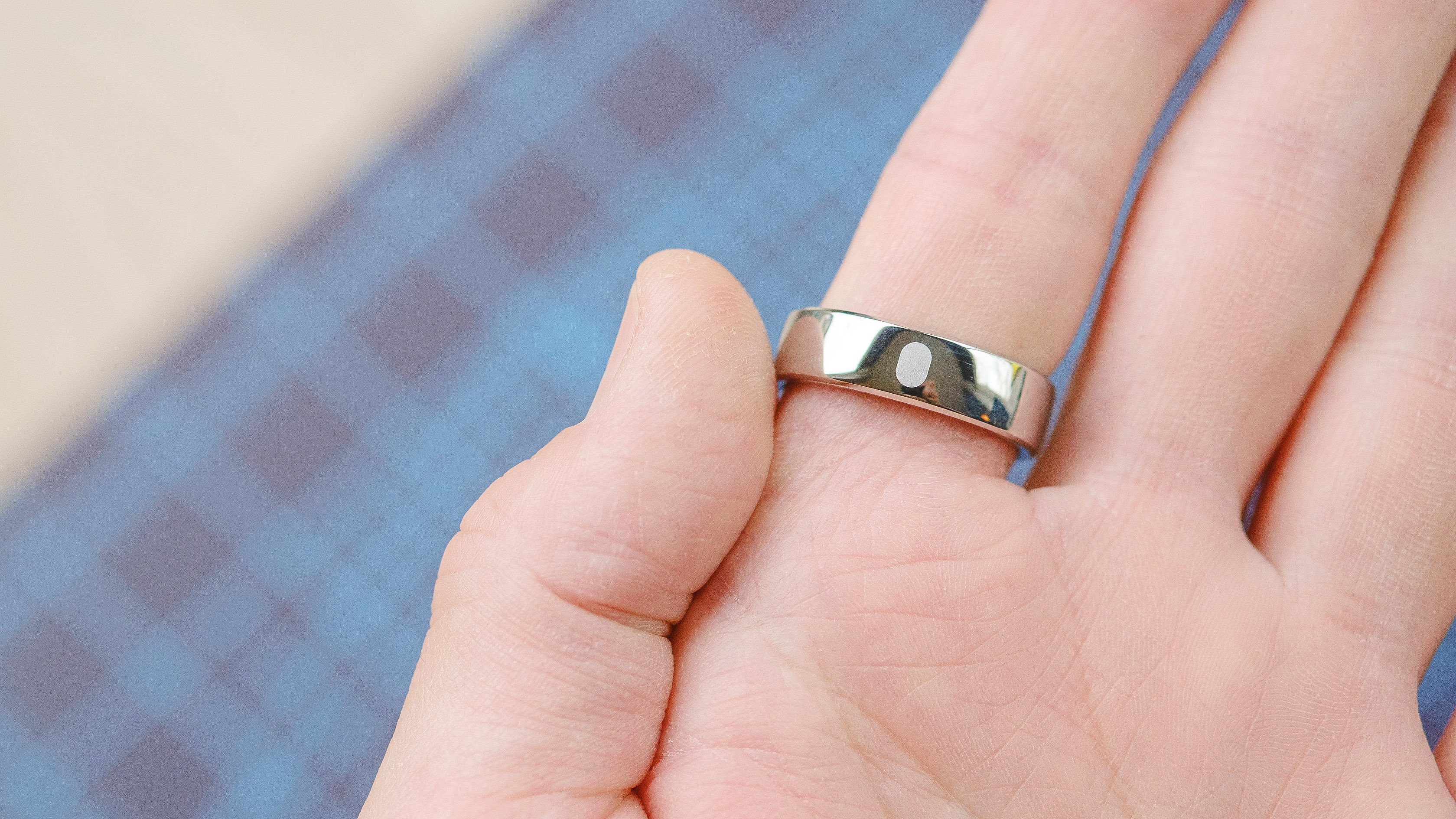

3. Ringconn Gen 2 Air
Our expert review:
Specifications
Reasons to buy
Reasons to avoid
Similar to the Amazfit Helio Ring, the Ringconn Gen 2 Air is just $200 and subscription-free. Both of these smart rings are capable Oura Ring alternatives, but the Gen 2 Air provides more comprehensive sleep insights and vital health monitoring.
In addition to a daily sleep score, Ringconn Gen 2 Air users get insights into metrics like average heart rate, respiratory rate, heart rate variability, blood oxygen saturation, and body temperature. You can even see how your previous night's data compares to your seven-day trend for each of these.
The Gen 2 Air also keeps 24/7 tabs on your vitals, including heart rate, Sp02, and HRV, and will even alert you anytime it spots an abnormal reading or trend.
Outside of sleep and wellness tracking, the Gen 2 Air isn't particularly well-suited for fitness tracking, with only a small selection of modes and extremely limited post-workout insights.
Still, it's one of the longest-lasting smart rings in this guide, averaging eight days per charge in my testing, a little less than the ten-day rating. It's also durable, with 100 meters of water resistance and a fairly scratch-resistant case. The inner sensors do protrude quite a bit, which may leave a mark on your finger, but all in all, it's comfortable enough.
- Read our full Ringconn Gen 2 Air review
Best Oura Ring alternative: features compared
| Header Cell - Column 0 | Oura Ring 4 | Samsung Galaxy Ring | Amazfit Helio Ring | Ringconn Gen 2 Air |
|---|---|---|---|---|
Starting price | $349 | $399 | $199 | $199 |
Subscription | $5.99 per month | n/a | n/a | n/a |
Sizes | 4 - 15 | 5 - 15 | 8, 10, 12 | 6 - 14 |
Finishes | Gold, Rose Gold, Silver, Brushed Titanium, Black, Stealth | Titanium Black, Titanium Silver, Titanium Gold | Titanium | Gold, Silver |
Thickness | 2.88 mm | 2.6 mm | 2.6 mm | 2.3 mm |
Weight | 3.3- 5.2 grams | 2.3 - 3.0 g | 3.8 g | 2.5 - 4 g |
Battery life (tested) | Up to 6 days | Up to 6 days | Up to 4 days | Up to 8 days |
Water resistance | 100 meters | 100 meters | 100 meters | 100 meters |
Also consider
Ultrahuman Ring Air
The lightweight and subscription-free Ultrhuman Ring Air used to be included as one of my top Oura Ring alternatives. Unfortunately, due to an ongoing patent dispute between Oura and Ultrahuman, the Ring Air is currently unavailable in U.S. markets. Still, outside the U.S., it remains a highly recommended pick for those who want to immerse themselves in advanced holistic data.
Read our Ultrahuman Ring Air review
How we test the best Oura Ring alternatives
The way we test Oura Ring alternatives is simple; we wear them. Whether we're working out, going about our daily activities, or in the resting overnight, we keep the ring on our fingers for at least a week (often longer) to gather health and fitness data.
We wear the ring as you would as you do activities like strength training with weights, washing, and doing the dishes to see how it fares. This is also a helpful way to test the ring's durability, whether it develops scratches, and if the design starts to dig into your finger or cause discomfort.
We use the ring's companion app to view the data and check out any insights or advice (AI-generated or more generic). And we compare these insights, the level of detail, and ease of use against other smart rings, primarily the Oura Ring 4.
How to choose the best Oura Ring alternative for you
Oura led the way with smart rings, showing that the ring-based devices could track your steps, some daily activities, and monitor your heart rate, sleep, and skin temperature. Most other smart rings also do the same, so if you're after an Oura alternative, there are a few considerations to keep in mind.
The main downside to Oura is the monthly membership, currently $5.99 per month, to access your data. If this is the reason you want to ditch the Oura Ring, then it's important to consider the full cost of the smart ring. For instance, the Galaxy Ring is $50 more expensive initially, but no subscription, so is cheaper in the long run.
Meanwhile, the Amazfit Helio ($199) costs $150 less than the Oura Ring 4 and doesn't require a subscription, making it a more budget-friendly option. But, as is often the case, you get what you pay for, and the more expensive rings or subscriptions provide greater insights into your health and fitness data.
Most smart rings also don't follow standard ring sizes, so you need to use each brand's sizing kit to work out the right one for you. But this can quickly add up, since if you don't place an order for the ring, you're often out of pocket for the sizing kit, which is part of the problem ordering the Galaxy Ring from Amazon.
FAQs
Is the Oura Ring worth it?
The Oura Ring is the most popular smart ring available right now, and for good reason — it's easy to use, has many integrations with third-party apps, and looks good too, but that doesn't mean it'll be right for everyone.
It has some of the best features of any smart ring, and as a more mature product (the Oura Ring is currently in its fourth generation) is a more polished and reliable experience than many other smart rings.
But the major downside is the monthly subscription Oura implemented alongside the latest ring; if you don't pay, the ring is next-to useless. That means to get the most from it, you're on the hook for $5.99 per month for several years.
So, its reasonable that you'd question whether the Oura Ring is really worth it, and the answer depends on what you're hoping to get from a smart ring. It's a more convenient and subtle way to monitor your essential metrics than a wrist-worn fitness tracker.
But without a display and more complex sensors, it can't compete with a premium fitness tracker or smartwatch. There's no GPS, and workout tracking is limited and a fairly manual process, but the same is true of all smart rings.
If you're after a discreet alternative to a watch, the Oura Ring is currently our favorite smart ring, but the monthly subscription may be off-putting to some, and that's where these Oura Ring alternatives come in.
Are there any new smart rings coming out soon?
Yes! While 2024 was a big year for smart rings, with the launch of the Samsung Galaxy Ring, Amazfit Helio and Oura Ring 4, 2025 could be even greater.
Back in January, we got hands-on with the new Circular Ring 2. It's the successor to the Circular Slim and is expected to retail for $349 when it goes on sale (currently pegged for Spring 2025). That's the same cost as the Oura Ring 4, but you don't need a subscription to use it.
It'll be available in sizes 6 through 13, but you won't need to order a sizing kit to your door. Circular have developed an app-based sizing tool, so you take a picture of your chosen finger and the software will do the rest. There's a lot of improvements on the cards, but the most exciting is the ECG monitor for tracking your heart health.
Meanwhile, we also got time with the new Luna Ring at CES. At a glance, it looks...a lot like all the other smart rings. But it should be cheaper ($300) and also have no subscription. It'll work with Android and iPhone, plus there's a charging case that'll potentially keep it topped up for a month. This is also expected in Spring 2025.
In addition to the above, the Ringconn Gen 2 Air should be hitting store shelves soon (we're also expecting one in for testing soon). A lighter version of the standard Ringconn Gen 2, the updated version has all the billings of an impressive product.
Finally, we may (or may not) see a Samsung Galaxy Ring 2 debut this year. While rumors are plentiful the exact launch date is still mighty murky.
Get instant access to breaking news, the hottest reviews, great deals and helpful tips.

Dan Bracaglia is the Tom’s Guide editorial lead for all things smartwatches, fitness trackers and outdoor gear. With 15 years of experience as a consumer technology journalist testing everything from Oura Rings to instant cameras, Dan is deeply passionate about helping readers save money and make informed purchasing decisions. In the past year alone, Dan has assessed major product releases from the likes of Apple, Garmin, Google, Samsung, Polar and many others.
An avid outdoor adventurer, Dan is based in the U.S. Pacific Northwest where he takes advantage of the beautiful surroundings every chance he gets. A lover of kayaking, hiking, swimming, biking, snowboarding and exploring, he also makes every effort to combine his day job with his passions. When not assessing the sleep tracking and heart rate accuracy of the latest tach gadgets, you can find him photographing Seattle’s vibrant underground music community.
 Club Benefits
Club Benefits










